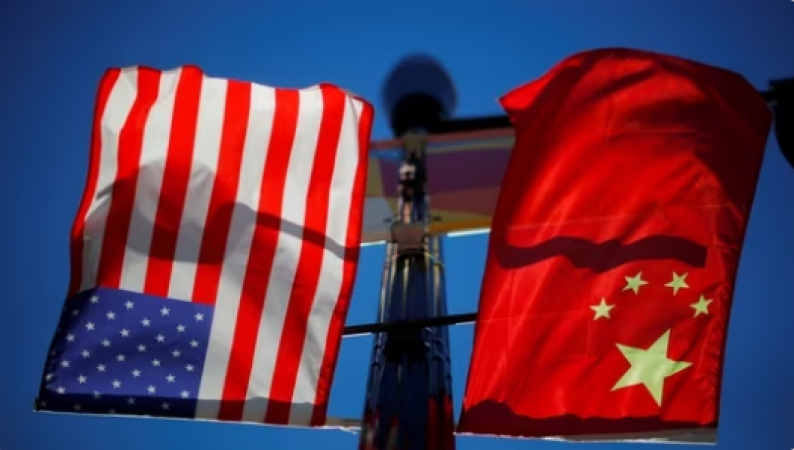
Washington: Eight months after a law effectively banning American imports due to concerns about forced labour came into effect, Xinjiang exports to the United States fell to below US$1 million for the first time in history in February.
Chinese customs data show that businesses from the Xinjiang Uygur autonomous region exported goods worth US$497,440 to the US last month, a decrease of nearly 90% from the same month last year.
According to the earliest data available from China's customs portal, the reading was the lowest since 2017. The top US export from the region in the past, apparel, has vanished according to data from February.
Also Read: Clothes by Divena World will make you feel stylish and give unmatched comfort
US Customs and Border Protection had designated apparel as one of four "high-risk" industries that would be closely inspected, along with cotton, tomatoes, and polysilicon.
The Uygur Forced Labour Prevention Act, which was passed in June, effectively forbade the importation of any goods from Xinjiang into the United States unless convincing proof can be provided that no forced labour was used in their manufacture. Beijing has consistently refuted claims of forced labour.
After the law went into effect, Xinjiang exports to the US initially boomed for the first three months, but have since fallen for five straight months.
Exports from Xinjiang to the US decreased in value in January by 18% year over year to US$6.98 million.
Also Read: WSJ Opinion: BJP World's Most Important Foreign Political Party
Overall, China's exports to the US decreased by 31.6% year over year in February, continuing a downward trend.
In contrast, Xinjiang's total exports increased by almost twice as much in February compared to the same month last year, with central Asian nations serving as the main market. However, the region's economy is supported by domestic investment and aid from the national government rather than exports.
US customs has recently increased its scrutiny of goods from Xinjiang, and as of this Saturday, all shipments made in China must include the factory's postcode.
Officials stated in a blog post on the agency's website in January that Chinese companies are concealing the origin of their products, making it harder to enforce the law.
According to the agency, as of March 3, it had stopped 3,237 shipments totaling US$961 million that were the subject of an act review or enforcement action.
1,090 shipments were released into the US while 424 shipments were rejected; the remaining shipments are still pending.
According to the data, the top three industries affected by enforcement actions are electronics, apparel, footwear, and textiles, as well as industrial and manufacturing materials.
Malaysia, Vietnam, China, Thailand, and Sri Lanka were the top five countries of origin for shipments that were the subject of enforcement actions related to the act.